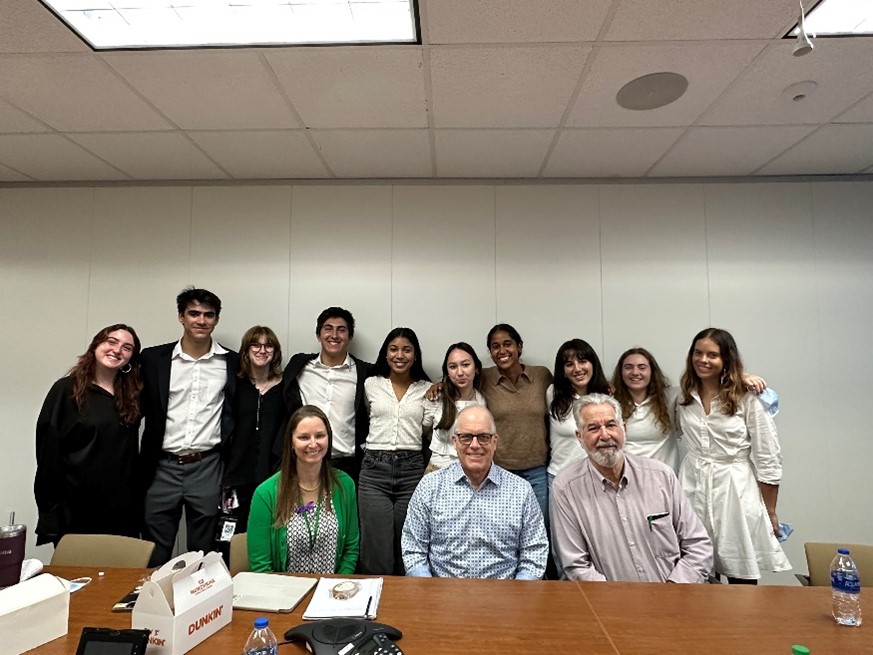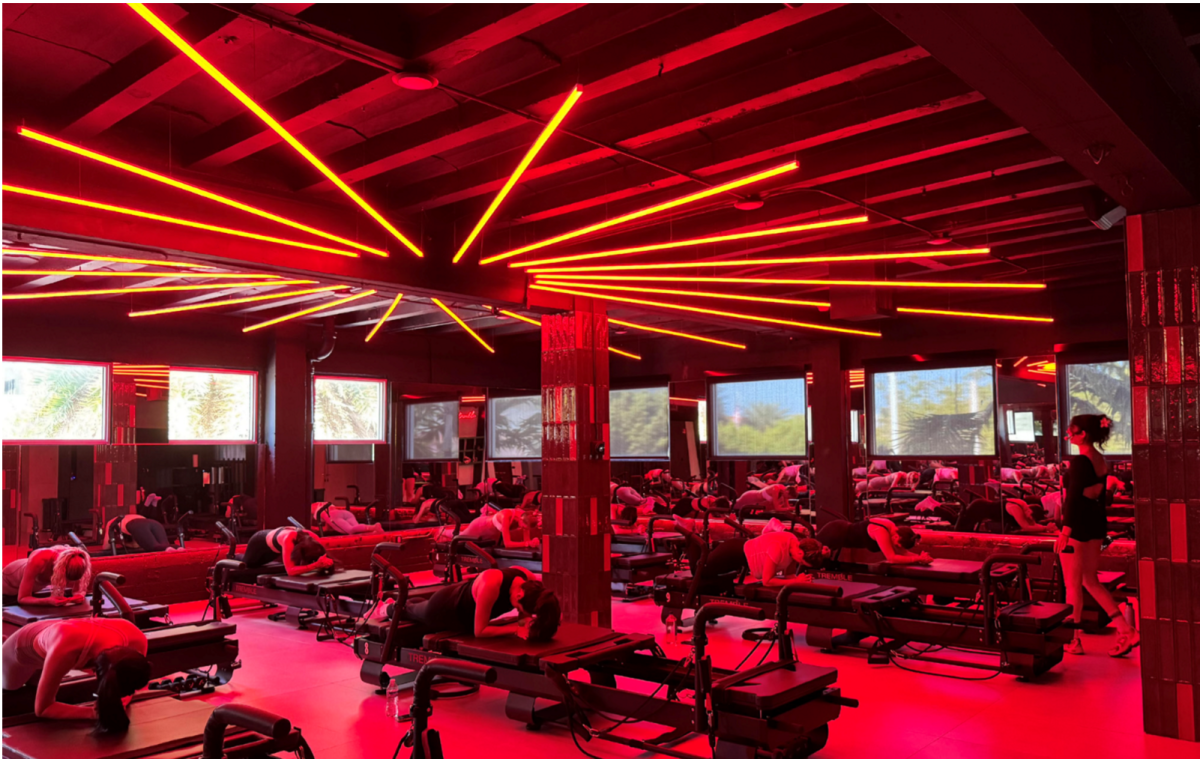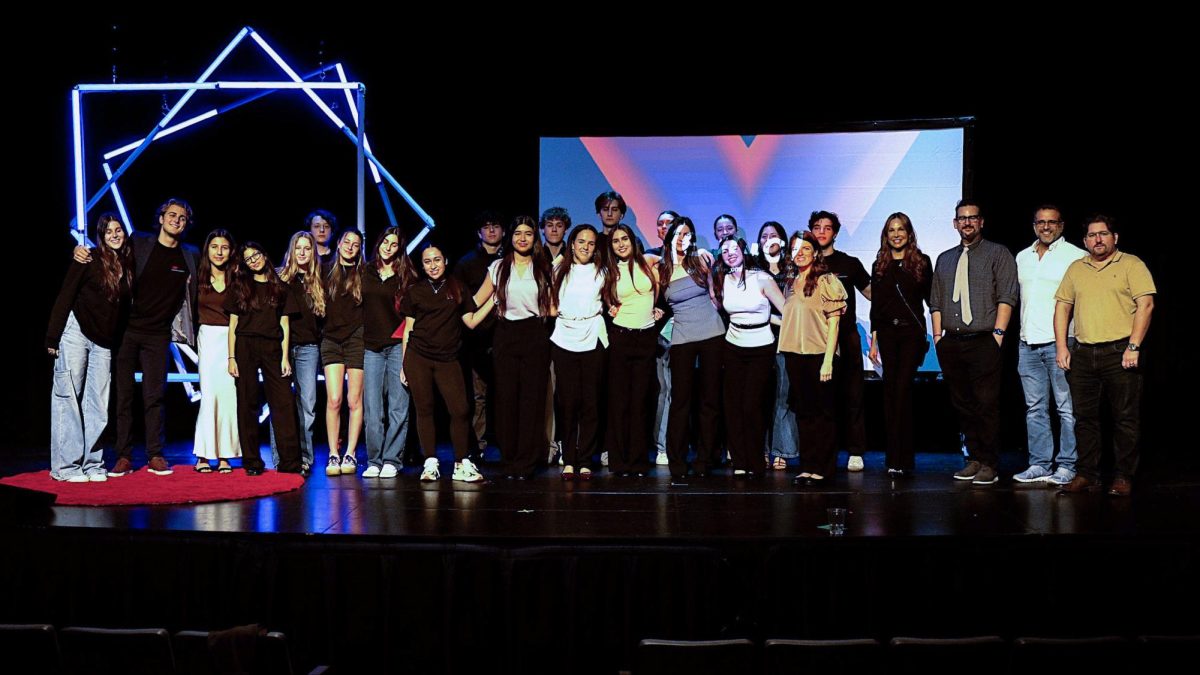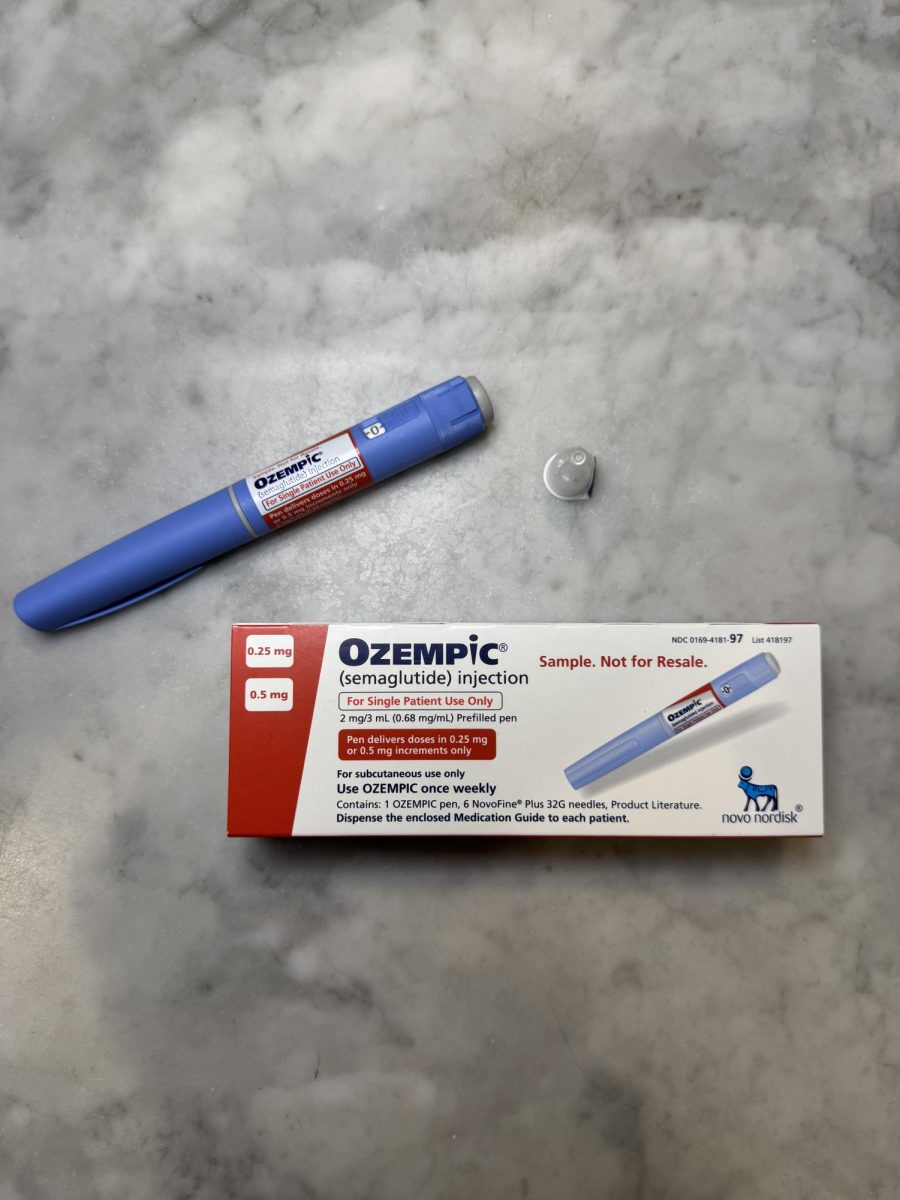As the philosopher Immanuel Kant once said, “Morality is not the doctrine of how we may make ourselves happy, but how we may make ourselves worthy of happiness.” Ethics and morality form an essential pillar of the human experience, impacting all aspects of our society, relationships, and daily life. In November of 2021, Ransom Everglades established the Holzman Center of Applied Ethics, bringing a new focus on ethics to RE. This year, to allow for even more student involvement in this timeless subject, RE also introduced two semester-long courses: Contemporary Discussions in Applied Ethics: Humanities and Contemporary Discussions in Applied Ethics: STEM.
Mrs. Jenny Carson, who teaches both ethics courses, explained that her favorite part of teaching them is hearing the thoughtful conversations her students hold. She explained that the courses provide a safe space in which “students are not being judged on the rightness of their ethical perspective” but, rather, “learning about their own perspective of right and wrong.” She added, “There is a freedom to take risks and, thus, grow.”
Jaden Simkins’24 explained that she decided to take the course because she “thought that it would be fun to challenge herself as a student, as well as grow as an individual.”
The ethics classes are heavily Harkness-focused, designed to allow students to articulate their positions on moral dilemmas and utilize ethical frameworks to support their beliefs. Understanding and acceptance of other opinions is fundamental to both courses. “I think it helps students learn to appreciate perspectives that are different than their own, and this shapes their ability to empathize, even if they do not need to compromise with someone else’s understanding,” Mrs. Carson said. To this point, Juliana Perez’24 added that “all of our conversations have led me to develop a sense of understanding about my own beliefs and where other people are coming from.”
As part of the introduction to the course, students read works from celebrated philosophers including Aristotle, Kant, Mill, and Etzioni. Then, after students are introduced to various ethical discussions and frameworks, they begin to analyze more recent media from sources such as the New York Times, The Wall Street Journal, Harvard Business Review, The Economist, and The Washington Post. Students then lead discussions based on the material they have read, incorporating the ethical conclusions they have developed.
Both ethics courses cover a wide variety of topics, such as restrictions on information taught at schools, the banning of recreational drugs, and the right to bear arms. Students have even discussed recently implemented legislation such as the Don’t Say Gay Bill. For Simkins, a discussion on ‘cancel culture’ was particularly interesting, in part because it looked at this contemporary issue from an educational perspective. Perez found the topic of doctor-patient confidentiality discussed in the Ethics in STEM course highly informative about her own rights. Jonathan Pollak’23 said that he enjoyed the classes’ discussion regarding the ethics of displaying Confederate monuments.
The courses are designed to provide students with the tools they can use to develop moral positions on a wide variety of topics. The purpose of these discussions is “not to develop a singular answer but, rather, for each student to discover something new about one’s own understanding of one’s own ethical perspective,” said Mrs. Carson.
Thus far, students have appreciated the opportunity. Perez noted that the course had made her feel more confident in her ability to make choices. “I think every student should take this course before graduating, as it exposes you to the real world with meaningful discussions and real opinions,” she said.








